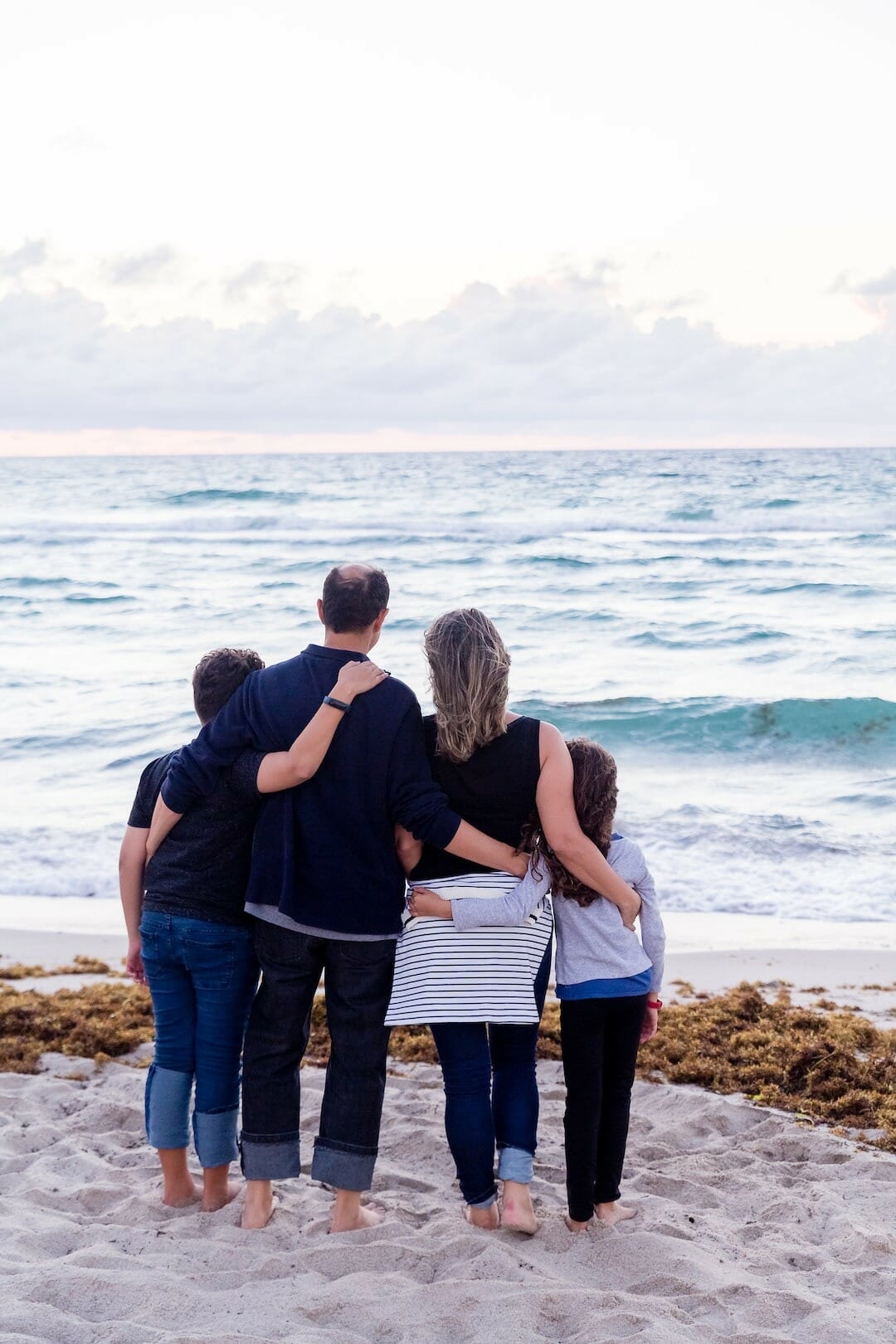
As an individual struggling with substance use disorder (SUD) or a mental health disorder, acknowledging it as a problem is a lot. Acknowledgment is the cusp of a better tomorrow. However, it can feel like there are many bridges that must be crossed to get from admittance to living sober in their recovery.
Seeking treatment after acknowledging an addiction or mental health disorder is also a lot. People who struggle with addiction or mental health issues require a certain level of support. Often family or friends may be an initial support system that they can rely on. However, once they have begun the steps of the journey to freedom, it can feel like they’ve gone from one island to the next. Family, who does not struggle in the same ways, cannot relate. That does not mean that they are okay moving forward in life without your presence.
Family therapy is crucial when it comes to supporting not only an individual who is struggling with addiction or mental health issues but also yourself. What many do not realize is that when your family member goes through addiction, it takes a toll on the entire family. Yes, the individual has their own journey and path to walk. However, family members have a journey of their own, walking alongside them as well.
Family Therapy: Is It a Must?
Essentially, no one can force you to attend family therapy in support of your loved ones struggling with addiction. Although, as a family member, you may feel that you are not the one directly struggling with the addiction. It still affects you. Therefore, in order to deal with your own side effects of addiction being so close to home, as well as understanding the best way to support your loved one, family therapy is highly important.
Of course, there is a choice in the matter. However, in order to truly show support for a loved one, you will need support for yourself as well. Imagine trying to hold someone’s hand through something that you cannot relate to or have no level of understanding of how to navigate such a thing.
Support equals presence in some capacity. Understanding that the social environment is critical for one in recovery is key. If one is on an island by choice, the other islanders must choose to be there also, even if they are just there to visit.
This is where family therapy comes into play. It offers family members the ability to get educated on addiction, mental health, and overall recovery. Family therapy also provides direct support to you on your journey as a support person. Also, you are able to connect with other families and relate and have a sense of community.
Addiction Is a Family Disease
When a family is diagnosed with cancer, loved ones usually come together in support. Without request, some will cook to help take a load off of the household altogether. A couple of family members will do research to find natural remedies and offer suggestions for coping with discomforts.
Others will take you to your appointments or show up at appointments to show their love and support. This is all done in love and without question. Cancer is a known family disease without it having to be labeled as such. Addiction and mental health almost always require the label and explanation of such for loved ones to fully band together in support.
Understanding that addiction and some mental health disorders are lifelong conditions that affect individuals and those connected to them is a must. Seeing addiction as a family disease is seeing it 20/20. Family involvement can increase one’s chances of a successful time in treatment and help ensure a peaceful and supported life of recovery.
The Island of Recovery
Just as addiction and recovery can be an island, supporting a loved one through them can be one too. However, these are not islands that have to be traveled alone. Islands may stand alone and away far away from other pieces of land, but they can still be full. Friends, adult relatives, or loved ones banding together in support of the individual in recovery can also support each other.
Each person holding the hand of the next can support the person in the middle of the circle and the circle itself. Family therapy offers paths on how to accomplish this. Then a double band is created by the family members of others in recovery that you meet and develop relationships with along the way.
Lantana Recovery’s Family Therapy Program Stigma
Here at Lantana Recovery, we know that your loved one’s addiction or mental health disparities are not just affecting them. We know that you are affected also and in numerous ways.
For this reason, we have created a program for family therapy called Stigma. This service is a way for families to be a part of the journey and have a community in a safe space. We offer this service for free with the hope that we can help families help other families feel supported and play an active role in the treatment process.
Addiction and mental health recovery are journeys that are necessary and lifelong. Some individuals who have loved ones who are seeking recovery help them find resources. However, once the individual struggling with addiction has completed treatment, it may seem that the family has forgotten about them. The family is not often aware of their role that needs to continue being fulfilled if they are in support of their loved one’s recovery. Support persons need support too. In light of this, family therapy exists to help family members navigate their own journey in support of a loved one’s recovery. For more information on family therapy and how we can help, call Lantana Recovery at (866) 997-2870.








